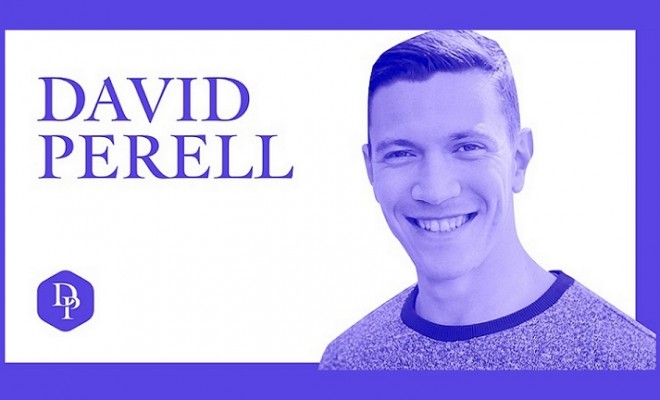
Don’t Kill Time
If you’re okay with killing time, it’s not scarce enough.
Time is scarce, life is short, and as the grains of sand slip through the hourglass, so does the precious gift of time. Once gone, it disappears forever. We all know these things. And yet, at work and at home, we’re so lost in a trance of distraction that killing time has become a chronic disease.
I remember the moment I started thinking about this. It was 2017, I was living in New York, and if I didn’t find a roommate, I’d go broke. I was paying for two rooms in my apartment, and my name was on the lease. None of my friends wanted the spare room, so I posted an ad on Craigslist. Two hours later, I received a reply from a 31-year-old PhD candidate named Mark. My roommate and I invited him to tour the apartment, and since he seemed like a nice guy, we invited him to live with us.
From the moment he climbed up our narrow Brooklyn stairwell, Mark spoke with a debilitated mumble. He had the round back of a slow-to-mature third-grader who dreams of being picked first in kickball someday, but is always picked last. Like Mark, those kids are mad at themselves, not the world. Externally, they’re harmless. But internally, they’re a stew of pain and passive insecurity.
In the afternoons, Mark would mope from his bedroom to the living room, where he turned on Netflix. When the weight of invisible agony pressed hard enough on his eyelids, he’d pass out. Some days, I’d come home at 6pm to find him can’t-even-wake-him-up sleeping on the couch. Later, we discovered that he was taking emergency-room-grade anxiety medications every morning, and drowning himself to sleep with Heineken, always a Heineken, in the evening. Ironically, he was writing his PhD thesis on tobacco addiction treatment, and sadly, it wasn’t curing his own addiction. He was caught between the rock of loneliness and the hard place of an evaporating bank account. Slowly, his anxiety turned into a gloomy depression — not sadness, but a bland disposition where he didn’t feel anything.
He was also late on his rent. He never spoke about friends, and once, he came home with bruises and a broken arm from a seizure.
And yet, as his life spiraled into chaos, he stayed apparently calm. It wasn’t a Stoic, powerful calmness. It was a helpless calm, where nothing was worth doing because the world was too difficult. Perhaps he was allergic to people. He was so burdened by life, and so overwhelmed by his thesis, that the only thing he wanted to do was “veg out” and kill time.
At some point, it occurred to me that there’s a Mark in all of us — a person who can’t confront the challenges of the modern world and can’t resist the allure of distractions from it. A person who is cynical about everything because pessimism requires no imagination. A person so paralyzed by the tyranny of judgement that they close the door, retreat to the couch, and watch others live their lives on TV instead of walking the pavement themselves. And whenever that person surfaces, so does the desire to kill time.
Συνέχεια ανάγνωσης εδώ
Πηγή: perell.com




